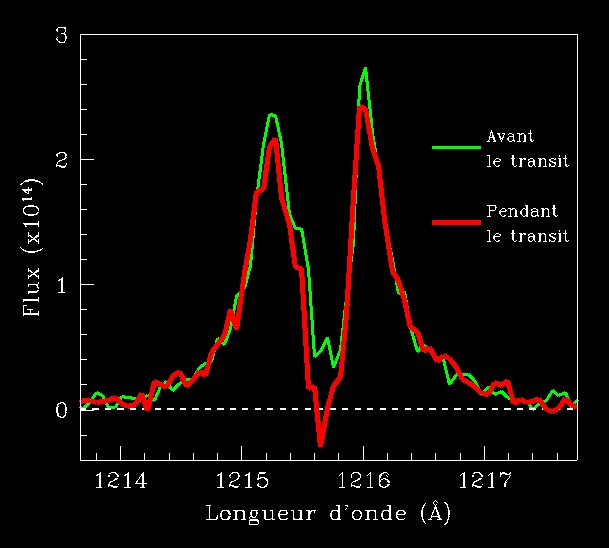ACS or STIS asks the Astro Dyke
You vote.
Good question, says the Space Telescope Users Committee, in an e-mail.
Which would you rather have back?
The Advanced Camera for Surveys or Space Telescope Imaging Spectrograph

The former produced some of the most fantastic pictures ever taken, the latter is a broad band high resolution spectrograph that is very scientifically productive.
The new instruments going up are Cosmic Origins Spectrograph - a medium resolution fixed aperture UV spectroscope, and Wide Field Camera 3 - a broad band moderately wide field camera.
COS is definitely not a STIS replacement, it is optimized for a narrower task.
WFC3 is broader in capabilities than ACS, but not quite as good for some things, narrower field, lower mean throughput.
Oh, and I'm on this totally kick ass proposal to use ACS a lot for hot breakthrough science. It it a slam-dunk case, I tell you.
Whereas everyone knows the spectrographs are total time sucking geek toys that don't even produce pretty pictures for the pundits.
So... I have to say, that STSCI should be given priority.
Even though WFC3 probably can't do some of the hottest ACS science I personally would like to do, the WFC3 can do a lot of overlapping science, whereas COS is not really a replacement for STIS.
Oh, and the SM4 crew are actually ready to do a STIS fix as the last thing on the EVA list, but have not trained for ACS fixing. It may be possible to squeeze it in to the EVA schedule, but it looks too tight to be feasible, either in terms of prepping or in terms of actually getting out there to do it. Nor is there any money to work on this.
But the enquiry from STSCI directs us to ignore such realities in contemplating the pure scientific priorities. Clearly if it is important enough we can make it happen.
And I get a pony, no?


Someone is spending money. There is a document that gives a proposed ACS repair with an added reduction in readnoise.
Whether this paper study will move any farther along, I do not know. SM4 slipped by four months, which might give the
additional training time needed.
Whose money?
Does this mean the "Hubble Constant" will be lower this cycle?
For the uninitiated, the "Hubble Constant" that Real Astronomers worry about has nothing to do with galaxy velocities or expansion of the Universe; rather it is the variable that gives the mean funding for data analysis and modeling per allocated orbit of telescope time.
Whose money?
That is good question. Paper studies do not cost much, but someone had to pay people at GSFC. Sorry I cannot help you.